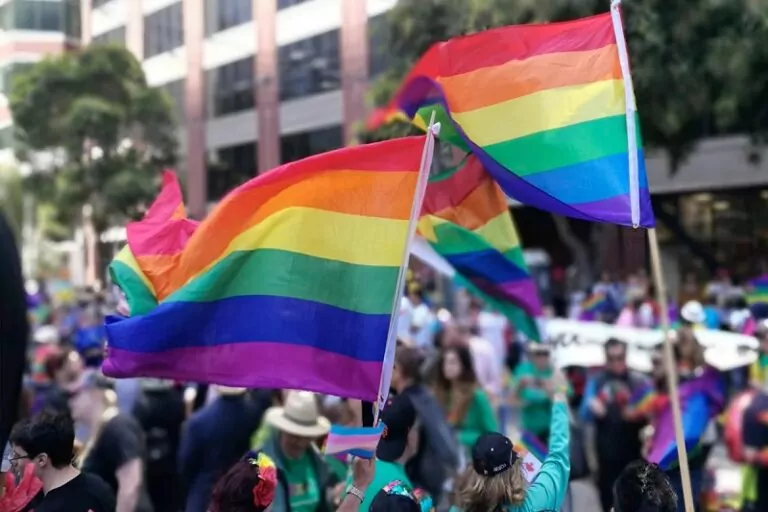

us updates uganda travel advisory over anti lgbt law
According to a note that was released on Monday evening by the State Department, the United States has modified its travel advice for Uganda following the promulgation in May of the “Anti-Homosexuality Law 2023“, which is considered to be one of the most repressive laws in the world. The legislation imposes severe punishments on anyone who engages in homosexual activity or “promotes” homosexuality by encouraging others to do so. In Uganda, the punishment of execution for the offence known as “aggravated homosexuality” has not been carried out in many years, despite the fact that it carries the death penalty.
The United States Department of State, which had already warned its citizens to “reconsider travel” to Uganda because of the terrorist attacks and crime rate, stated that the enactment of the anti-homosexuality law “increases the risk that LGBTQI+ individuals, and those perceived to be LGBTQI+, will be prosecuted and sentenced to life imprisonment or death.” LGBT individuals could be subject to “harassment or attacks by vigilante groups,” according to the authorities in the United States, who issued this warning.
“It is important for the United States to realize that Uganda is a sovereign state that makes laws for its own citizens and not for the rest of the Western world. “They can issue travel advisories because it is their right, but it should be remembered that blackmail has no place in the modern world,” Ugandan Information Minister Chris Baryomunsi told AFP, adding that the United States action was “expected.”
President Yoweri Museveni, who has held sway over this African nation in the Great Lakes region with an iron grip since 1986, promulgated the law on May 29. The law sparked an outcry from human rights organizations and many Western countries. The leader of Uganda reassured the international community that “no one will make us move” in spite of the prospect of sanctions.
Joe Biden, the President of the United States, condemned what he called a “tragic attack” on human rights and stated that he has requested that his administration investigate the effects of this “shameful law” on “all aspects of cooperation between the United States and Uganda.” He went on to say that the authorities in the United States are contemplating “additional measures” for “anyone associated with human rights violations or corruption,” which might include penalties or limitations on access to their land.
Josep Borrell, who is in charge of European diplomacy, was another person who spoke out against the law, calling it “contrary to human rights.” As early as 2014, international donors had already begun cutting back on their assistance as a direct result of the passage of a law that criminalized homosexuality.
In particular, Washington withdrew money for various government programmes and instituted prohibitions on visa issuance. Several nations in Europe, including Denmark, Sweden, Norway, and the Netherlands, had also placed a freeze on some of their bilateral aid. In the end, the Constitutional Court declared the measure unconstitutional on the grounds that the voting process was flawed.
Africa is taking big steps by entering the global green technology manufacturing market to stop being just a supplier of…
Two mobile telecom leaders, MTN Group and Airtel Africa, joined forces to create a new digital infrastructure system throughout African…
South African President Cyril Ramaphosa defended his nation against claims of white discrimination made by tech magnate Elon Musk. After…
Hilton launched Signia by Hilton for its first appearance in Egypt and Africa through its hotel expansions. These hotels at…
UNICEF reported that, nearly 2900 people died of cholera across Eastern and Southern African countries while children suffer most greatly…
Enza, based in the United Arab Emirates, obtained $6.75 million in initial investment funding from Algebra Ventures and Quona Capital.…
This website uses cookies.